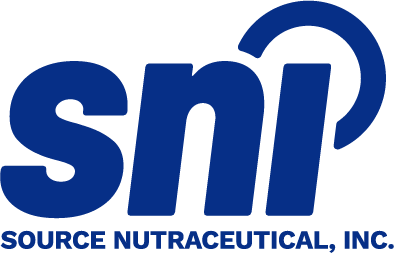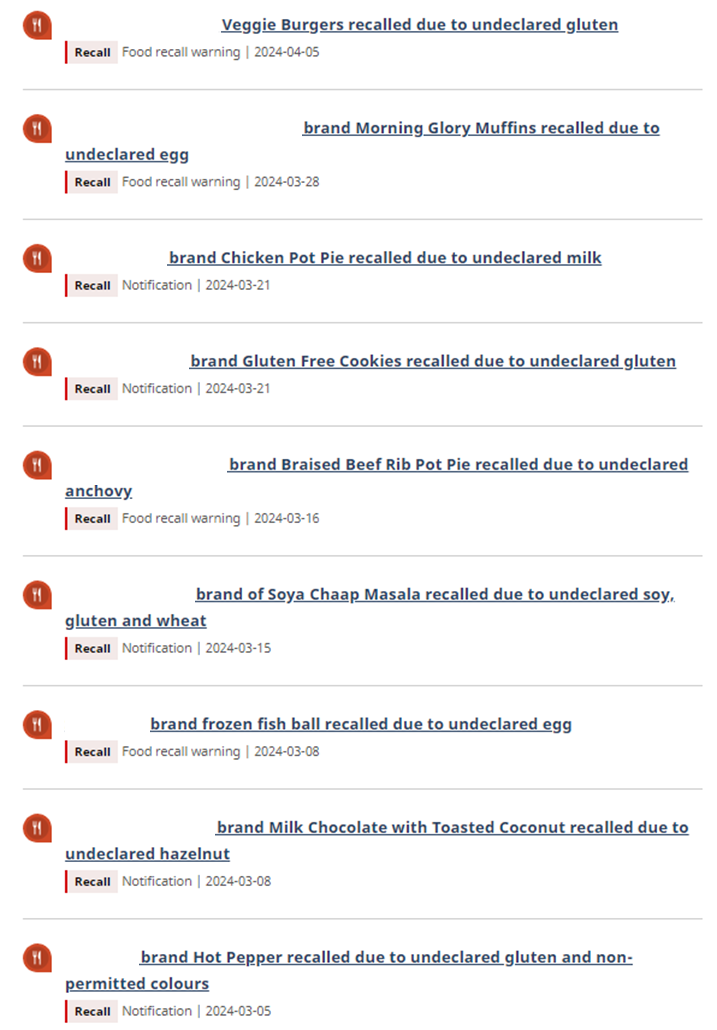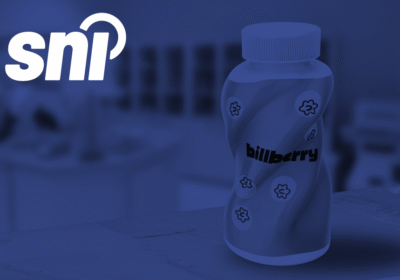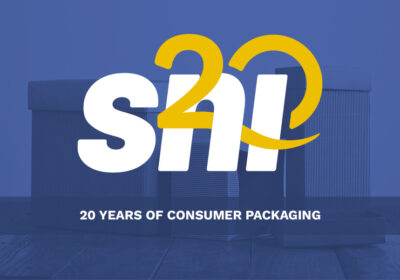According to Food Allergy Canada, more than 3 million Canadians self-report having at least one food allergy and 1-in-2 Canadian households are impacted by food allergy.
Accurate food labelling is crucial to make sure consumers get the required information about the product they are about to eat!
How does a food allergy differ from a food intolerance?
The US and Canada both have lists of priority allergens which must be accurately declared on a food product label to alert consumers to their presence.
The lists differ slightly between the two countries, so it is important for manufacturers to adjust their label for the country they are selling into. In addition to the mandatory labelling of allergens present in the product, precautionary allergen statements such as “May contain”, may be used if inadvertent presence is unavoidable, however these are voluntary.
What’s the risk?
Failure to disclose priority allergens on a food label can lead to severe consequences, including allergic reactions, recalls, and penalties to food companies.
While recalls due to pathogens or foreign materials often dominate headlines, those triggered by undisclosed allergens are equally important. Recalls for undeclared allergens can stem from various sources, such as consumer complaints or regulatory inspections, resulting in significant financial losses and negative brand reputation.
Below is a small example of how many recalls are issued for undeclared allergens in Canada in a short period of time:
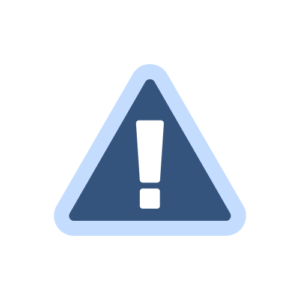 In the event of a recall, the Canadian Food Inspection Agency (CFIA) classifies the severity of the situation to appropriately communicate the risk to consumers:
In the event of a recall, the Canadian Food Inspection Agency (CFIA) classifies the severity of the situation to appropriately communicate the risk to consumers:
Class I recalls mean a high risk, where consuming the food could result in serious health complications or even death.
Class II recalls indicate a moderate risk, with the potential for short-term or non-life-threatening health issues.
Class III recalls signify a low risk, encompassing foods that may cause minimal or no adverse health effects but still fail to comply with regulations.
It's worth noting that most recalls in Canada are voluntary, meaning they are initiated by the responsible company under CFIA supervision.
However, if a company is unwilling or unable to execute a voluntary recall, the Minister of Health holds the authority to mandate a recall for any food posing a health hazard.
THE SOLUTION?
Cutting corners is not recommended, particularly in matters of food safety. Opting for a professional approach, such as consulting with a specialized company like SNI, ensures compliance with labelling regulations and protects your product integrity.
Our team at SNI can complete regulatory reviews to ensure compliance with updated standards, ensuring that your product stays on the shelf, where it belongs!
